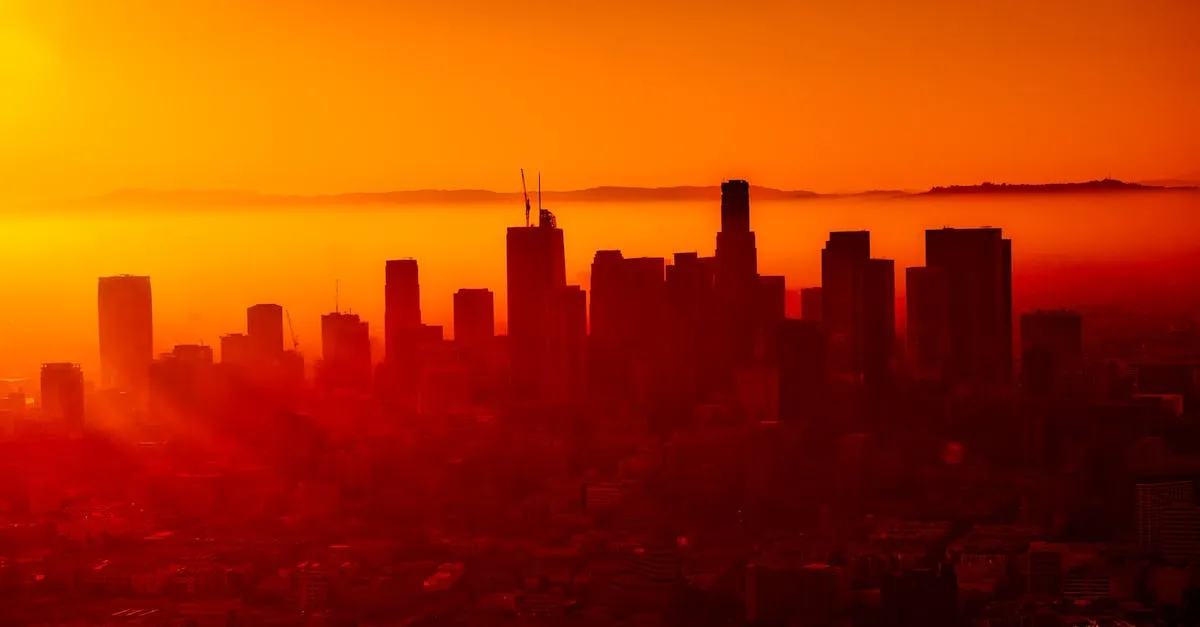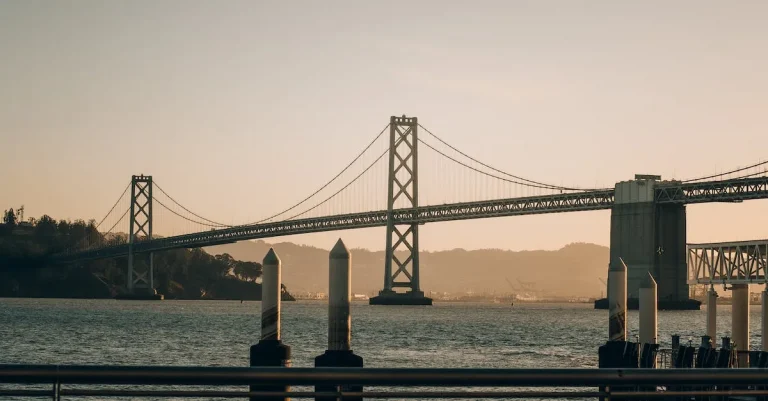How Long Is A Smog Certificate Good For In California?
If you own a car in California, passing a smog inspection is crucial for vehicle registration renewal. But how often do you need to get a smog check? Here’s a quick answer: In most cases, a smog certificate is valid for two years from the date of issue in California. However, there are some exceptions depending on your vehicle’s age and location.
In this comprehensive guide, we will cover everything you need to know about smog certificate validity periods in California. You’ll learn the standard renewal intervals, exceptions for newer cars, requirements in high-pollution areas, and what to do if your certificate expires.
Standard Smog Certificate Validity
When it comes to smog certificates in California, it’s important to understand their validity and expiration dates. Smog certificates are required for most vehicles in California to ensure that they meet the state’s emissions standards.
Let’s take a closer look at the standard validity of a smog certificate in California.
Two years from date of issue
In California, a smog certificate is typically valid for two years from the date of its issue. This means that once you obtain a smog certificate, you have a two-year window before it expires. It’s important to keep track of the expiration date and renew the certificate if necessary.
During the two-year validity period, you can use the smog certificate to register your vehicle or renew its registration. However, it’s worth noting that a smog certificate is only valid for 90 days for initial vehicle registration.
If you are purchasing a used vehicle, make sure to check the smog certificate’s expiration date before finalizing the transaction.
Smog checks required every two years upon registration renewal
In California, smog checks are required every two years upon registration renewal. This means that when your vehicle’s registration is up for renewal, you will need to get a new smog check and obtain a new smog certificate if your current one has expired.
It’s important to plan ahead and schedule your smog check well in advance of your registration renewal date. This will ensure that you have ample time to address any potential issues and obtain a new smog certificate if needed.
Failing to comply with the smog check requirements can result in penalties and fines.
For more information about smog certificates and the smog check program in California, you can visit the official website of the California Department of Motor Vehicles at www.dmv.ca.gov/portal/dmv/detail/vr/smog.
Exceptions for Newer Vehicles
While smog certificates are required for most vehicles in California, there are some exceptions for newer vehicles. These exceptions are in place to account for the fact that newer cars tend to have lower emissions and are subject to more stringent manufacturing standards.
Brand new cars exempt for first six years
If you’ve recently purchased a brand new car in California, you’re in luck. New vehicles are exempt from smog inspections for the first six years. This exemption recognizes that newly manufactured cars are equipped with the latest technology to minimize their impact on air quality.
So, if you’re driving a shiny new car, you can breathe easy knowing that you won’t have to worry about smog checks for the first few years.
Vehicles six years or newer get one extension
For vehicles that are six years or newer, there is an additional exception. These vehicles are eligible for one smog check extension, which means they can go without a smog certificate for an extra year.
This extension gives car owners some flexibility and recognizes that newer vehicles are generally more environmentally friendly. However, after the extension period is over, these vehicles will be required to undergo regular smog checks like any other vehicle.
Smog still required upon transfer of ownership
It’s important to note that regardless of the age or exemption status of the vehicle, a smog certificate is required upon transfer of ownership. This means that if you sell or buy a vehicle, you will need to ensure that it has a valid and up-to-date smog certificate before completing the transaction.
This requirement helps to maintain the integrity of the smog check program and ensures that all vehicles on the road meet the necessary emissions standards.
For more information on smog check requirements and exemptions in California, you can visit the official website of the California Department of Motor Vehicles.
Shorter Renewal Intervals in High-Pollution Areas
In an effort to combat air pollution and ensure that vehicles on the road meet emission standards, California has implemented shorter renewal intervals for smog certificates in high-pollution areas. This means that residents in these areas are required to undergo smog checks more frequently than those in areas with lower pollution levels.
Enhanced smog check areas
Enhanced smog check areas are designated regions within California that experience higher levels of air pollution. These areas typically include densely populated cities and urban centers where vehicle emissions contribute significantly to the overall pollution levels.
Some examples of enhanced smog check areas in California include Los Angeles County, San Diego County, and the San Francisco Bay Area.
Residents in these areas are required to have their vehicles tested for emissions more frequently than those living outside of these areas. The purpose of this requirement is to ensure that vehicles in high-pollution areas are regularly maintained and equipped with emission control systems that are in good working condition.
Annual smog checks required for older vehicles
In addition to enhanced smog check areas, California also requires annual smog checks for older vehicles. Vehicles that are six years old or older are subject to annual smog inspections to ensure that they meet the state’s emission standards.
This requirement applies to all vehicles, regardless of their location within California.
Older vehicles tend to have higher emissions due to wear and tear on their engine and exhaust systems. By mandating annual smog checks for these vehicles, the state aims to identify and address any potential emission issues before they contribute to further air pollution.
It is important for vehicle owners in California to stay informed about the smog check requirements in their area and ensure that they comply with the renewal intervals specified by the state. Failure to do so can result in penalties and fines.
For more information on smog check requirements in California, you can visit the official website of the California Department of Motor Vehicles at www.dmv.ca.gov.
What To Do If Your Smog Certificate Expires
If your smog certificate has expired, it is important to take immediate action to ensure compliance with California’s strict emissions standards. Here are some steps you can take:
Get retested before registration renewal
When your smog certificate expires, you will need to get your vehicle tested again before you can renew your registration. It is recommended to schedule a smog check as soon as possible to avoid any delays or penalties.
Make sure to choose a licensed smog check station to ensure accurate and valid results.
Late smog checks subject to penalties
Driving a vehicle with an expired smog certificate can result in penalties if you are pulled over by law enforcement. The penalties can vary depending on the duration of the expired certificate and other factors.
It is always best to comply with the smog check requirements to avoid any unnecessary fines or legal issues.
Registration will not be renewed without valid certificate
In California, the Department of Motor Vehicles (DMV) will not renew your vehicle’s registration if you do not have a valid smog certificate. This means you will not be able to legally drive your vehicle until you obtain a new certificate.
It is crucial to make sure your smog certificate is up to date to avoid any inconvenience.
For more information on smog check requirements and regulations in California, you can visit the official California DMV website.
Remember, keeping your smog certificate up to date not only ensures compliance with the law but also contributes to reducing air pollution and maintaining a cleaner environment for everyone.
Conclusion
In summary, smog certificates are generally valid for two years from the date of issue in California. But newer cars may qualify for extensions, while older vehicles in high-pollution zones require annual testing. Be sure to get retested before your registration expires to avoid late smog check fees and renewal delays. With this guide, California drivers can stay up-to-date on smog certificate requirements.








